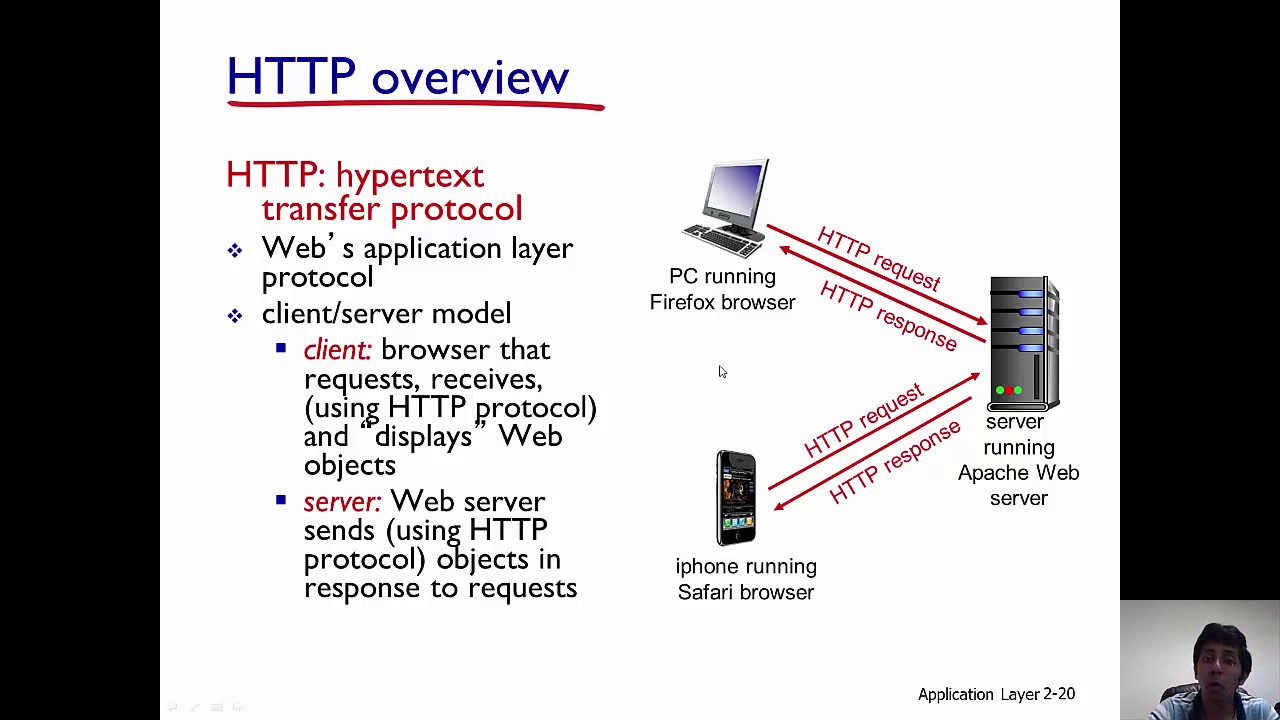The Newest Technology: Advancements Shaping the Future
Technology is evolving at a rapid pace, with new innovations constantly reshaping the way we live, work, and interact. From artificial intelligence to quantum computing, the latest technological advancements are revolutionising industries and pushing the boundaries of what was once thought possible.
Artificial Intelligence (AI)
AI has been a key focus in recent years, with applications ranging from virtual assistants like Siri and Alexa to complex algorithms used in healthcare and finance. Machine learning, a subset of AI, enables computers to learn from data and improve their performance without explicit programming.
Quantum Computing
Quantum computing represents a significant leap forward in computational power. By harnessing quantum mechanics principles such as superposition and entanglement, quantum computers have the potential to solve complex problems that are currently beyond the reach of classical computers.
Internet of Things (IoT)
The IoT refers to the network of interconnected devices that can communicate and share data with each other. From smart homes with automated systems to industrial applications enhancing efficiency and productivity, IoT technology is transforming how we interact with our surroundings.
5G Technology
The rollout of 5G networks promises faster speeds, lower latency, and greater connectivity than ever before. This next generation of wireless technology is set to enable innovations in areas such as autonomous vehicles, remote healthcare services, and immersive virtual reality experiences.
Cybersecurity Innovations
As digital threats continue to evolve, cybersecurity technologies are also advancing to protect sensitive data and systems. From biometric authentication methods to AI-powered threat detection systems, organisations are investing in robust cybersecurity measures to safeguard against cyber attacks.
In conclusion, the newest technology trends are shaping a future where innovation knows no bounds. As these advancements continue to unfold, they hold the promise of transforming industries, improving efficiency, and enhancing our daily lives in ways we have yet to imagine.
Exploring the Future: Answers to 7 Key Questions on Emerging Technologies
- What is the latest technology trend?
- How is artificial intelligence impacting various industries?
- What are the potential applications of quantum computing?
- How does the Internet of Things (IoT) enhance daily life?
- What advantages does 5G technology offer over previous wireless networks?
- How can individuals protect their data in the age of advanced cybersecurity threats?
- Which emerging technologies are expected to revolutionise the future?
What is the latest technology trend?
One of the latest technology trends that is gaining significant attention is the rise of artificial intelligence (AI) and machine learning. These technologies are becoming increasingly integrated into various sectors, from healthcare and finance to retail and transportation. AI-driven applications, such as chatbots and virtual assistants, are enhancing customer service experiences, while machine learning algorithms are being used to analyse vast amounts of data for more informed decision-making. Additionally, the development of AI in autonomous systems, such as self-driving cars and drones, is paving the way for new levels of automation and efficiency. As AI continues to evolve, it is expected to drive innovation across numerous industries, making it one of the most influential trends in technology today.
How is artificial intelligence impacting various industries?
Artificial intelligence (AI) is significantly transforming various industries by enhancing efficiency, accuracy, and innovation. In healthcare, AI is revolutionising diagnostics and personalised medicine through advanced data analysis and predictive algorithms. The finance sector benefits from AI’s ability to detect fraud and automate trading processes, leading to more secure and efficient operations. In manufacturing, AI-driven automation is streamlining production lines and improving quality control. Retailers are using AI to personalise customer experiences through targeted marketing and inventory management. Additionally, the transport industry is seeing advancements in autonomous vehicles, which promise to improve safety and reduce congestion. Overall, AI is driving substantial improvements across industries by enabling smarter decision-making and fostering new levels of creativity and productivity.
What are the potential applications of quantum computing?
Quantum computing holds immense potential for revolutionising various industries and scientific fields. Some of the key applications of quantum computing include solving complex optimisation problems at a speed that surpasses classical computers, advancing drug discovery through more accurate simulations of molecular interactions, enhancing cryptography with quantum-resistant algorithms, and improving machine learning models by processing vast amounts of data simultaneously. Additionally, quantum computing has the capability to transform fields such as finance, logistics, and materials science by providing solutions to challenges that are currently beyond the reach of traditional computing methods. The future possibilities with quantum computing are vast and promise to bring about significant advancements in technology and innovation.
How does the Internet of Things (IoT) enhance daily life?
The Internet of Things (IoT) has become increasingly integrated into our daily lives, offering a multitude of benefits that enhance convenience, efficiency, and overall quality of life. By connecting various devices and systems to the internet and enabling them to communicate with each other, IoT technology streamlines everyday tasks and automates processes. From smart home devices that adjust lighting and temperature settings based on preferences to wearable fitness trackers that monitor health metrics in real-time, IoT enhances daily life by providing personalised experiences, improving productivity, and promoting energy efficiency. Additionally, IoT applications in healthcare enable remote monitoring of patients’ conditions and facilitate timely interventions, contributing to better healthcare outcomes. Overall, the seamless connectivity and data exchange facilitated by IoT technology have the potential to transform how we interact with our environment and make our lives more convenient and connected.
What advantages does 5G technology offer over previous wireless networks?
5G technology offers several advantages over previous wireless networks, making it a significant advancement in the realm of telecommunications. One key advantage is the significantly faster speeds that 5G networks provide, enabling quicker downloads and smoother streaming experiences for users. Additionally, 5G boasts lower latency, meaning there is minimal delay in data transmission, making real-time applications such as online gaming and video calls more seamless. Furthermore, the increased capacity of 5G networks allows for more devices to connect simultaneously without compromising performance, paving the way for the widespread adoption of Internet of Things (IoT) devices and smart technologies. Overall, 5G technology represents a leap forward in connectivity, promising enhanced user experiences and unlocking new possibilities for innovation across various industries.
How can individuals protect their data in the age of advanced cybersecurity threats?
In the age of advanced cybersecurity threats, safeguarding personal data has become more crucial than ever. Individuals can take proactive measures to protect their data by implementing robust security practices. This includes using strong, unique passwords for each online account, enabling two-factor authentication where possible, regularly updating software and operating systems to patch vulnerabilities, being cautious of phishing attempts and suspicious links, and encrypting sensitive information. Additionally, investing in reputable antivirus software and regularly backing up data to secure cloud storage can provide an extra layer of protection against cyber threats. By staying informed about cybersecurity best practices and remaining vigilant online, individuals can mitigate the risks associated with data breaches and safeguard their personal information effectively.
Which emerging technologies are expected to revolutionise the future?
In the realm of emerging technologies, several innovations are poised to revolutionise the future and reshape various industries. Artificial intelligence (AI) stands out as a transformative force, with its ability to automate processes, analyse vast amounts of data, and enhance decision-making across sectors. Additionally, advancements in quantum computing hold the promise of solving complex problems at unprecedented speeds, paving the way for breakthroughs in fields such as cryptography and drug discovery. The Internet of Things (IoT) is also expected to play a pivotal role in connecting devices and enabling smart ecosystems that enhance efficiency and convenience. These emerging technologies are set to redefine how we live, work, and interact in the increasingly digital landscape of tomorrow.



